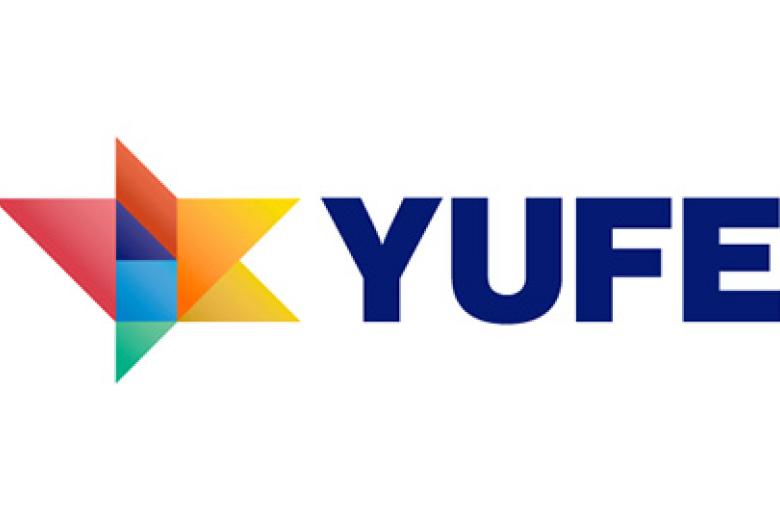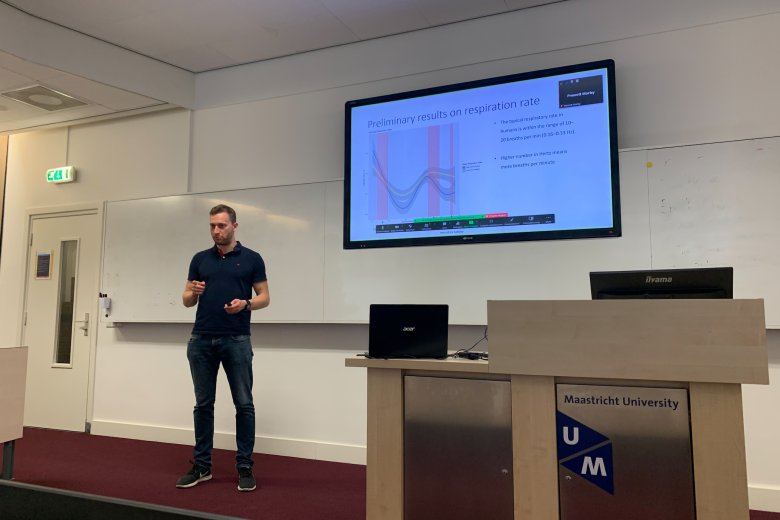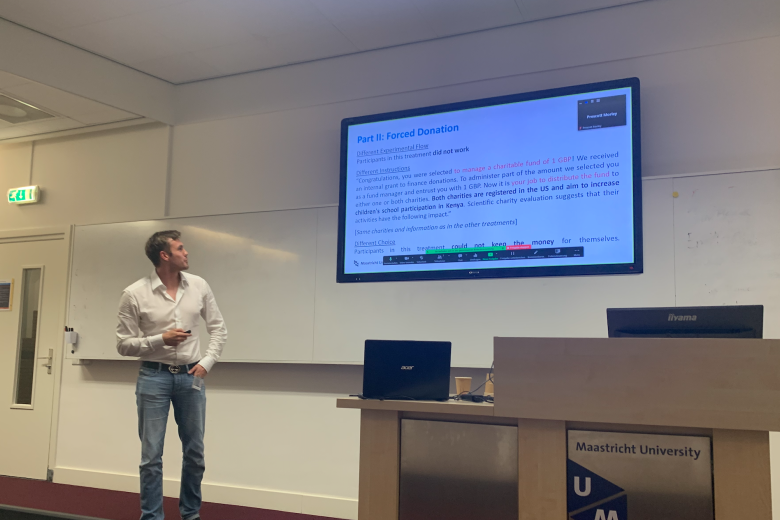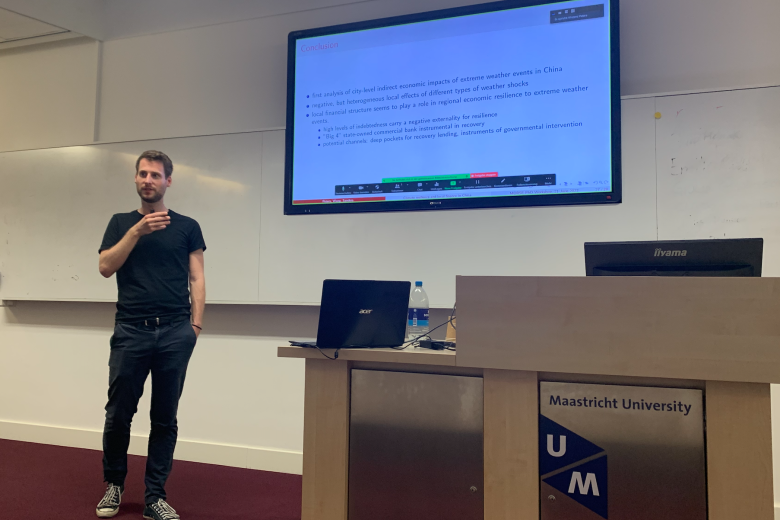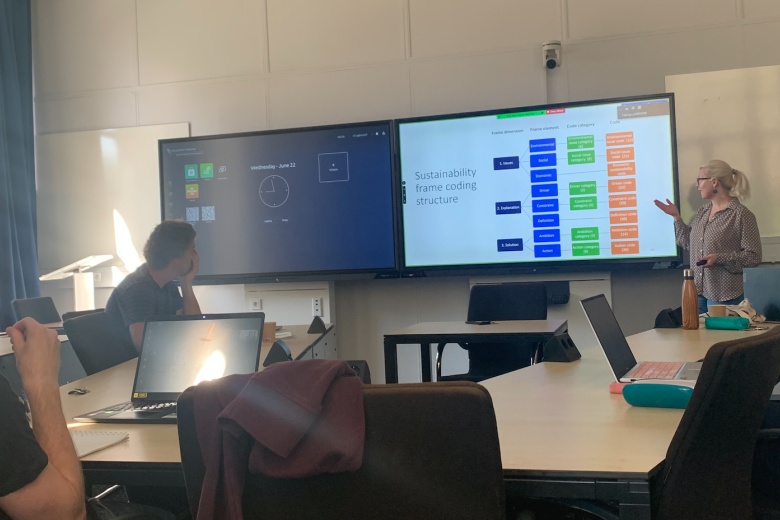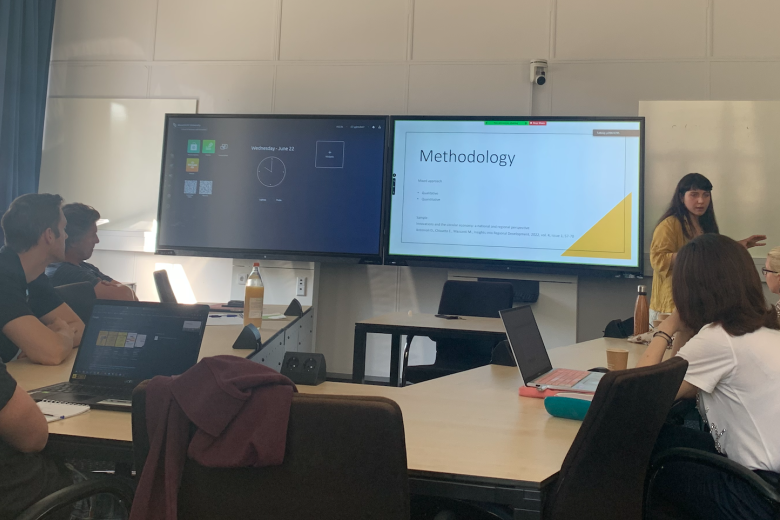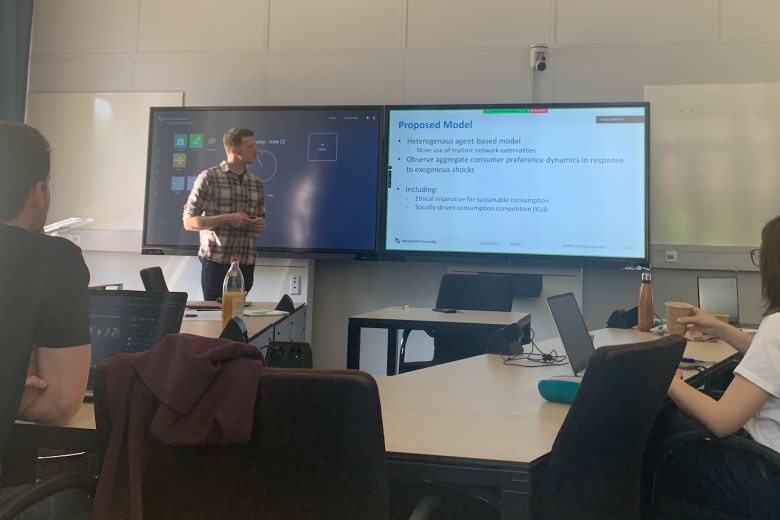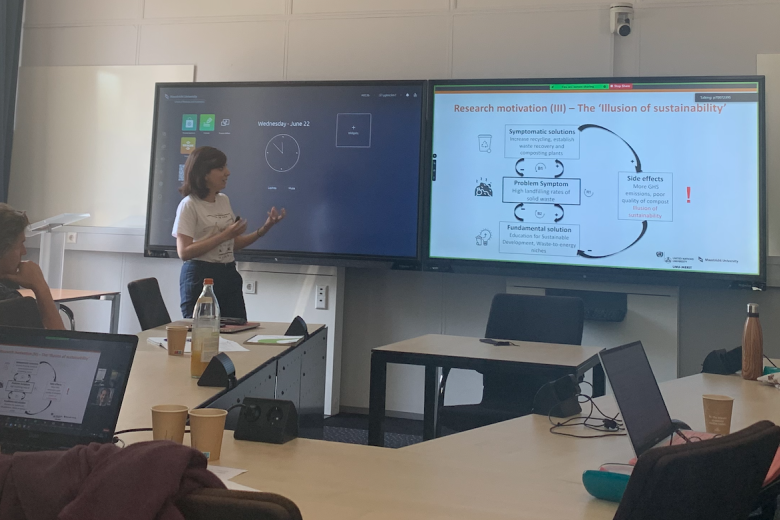MORSE PhD Workshop June 2022
As part of the MORSE initiative, the Maastricht Observatory on Resilient, Responsible and Sustainable Society, Economy, and Enterprise, the second PhD workshop was organized on 21 and 22 June 2022. The workshop allows MORSE PhD students to present their current research process, their results, and their next steps. At the same time, they can give and receive feedback to each other and from their supervisors. In contrast to the first edition, this year the MORSE PhD-workshop was face to face and on campus.
The session on 21 June (2-5pm) included three presentations and a get-together afterwards.
First, PhD student Stefan Flagner presented his current research on "the impact of indoor environment on human cognition and health". His research deals with the assumption that a high CO2 levels in a room impair the performance of individuals. Specifically, he is interested in how CO2 concentrations affect a person's cognitive performance and the consequences of these influences on intuition, arousal and stress levels, and risk aversion. The results of his research should give an indication of the optimal conditions for people working in the financial sector, e.g. for stock investments. He, perhaps surprisingly, showed that the evidence from his experiments suggests that higher levels of CO2 improve cognitive ability and performance, so we decided to close the windows.
Second, PhD student Janek Kretschmer presented a paper on "How can giving pledges increase effective donations?". His research shows that people who have committed to donate at a certain point in time are more likely to keep that commitment at a later point in time and shows that memories of the pledge indeed affect donations made to effective interventions.
Third, the organizer Vinzenz Peters presented his research on "Resilience to extreme weather events and the local financial structure of prefecture-level cities in China". His aim is to measure the impact of disasters on financial aspects and resilience at the regional level with a macroeconomic perspective. The first day ended with a social gathering over snacks and drinks to discuss further discussion points and questions.
On 22 June from 9:00 to 13:00, four PhD students presented their research findings.
Tereza Bauer opened the day with her research on "CEO's framing of sustainability in Dutch companies". Her aim is to investigate which sustainability issues, explanations and definitions CEOs address and which company- and sector-specific solutions they propose. More information about the topic and their research can be found here: Blog post (hyperlink).
Next, Ilaria Dibattista presented her recent findings on "towards environmental sustainability culture through the workplace: a mixed approach to a kaleidoscopic issue". In her work, Ilaria shows that a fair and sustainable workplace can promote the adoption of a sustainability culture among workers in Italy. In doing so, she distinguishes between sustainable behavior and culture, focusing on the effect of social learning and social norms on individuals.
Prescott Morley followed with a presentation on "Ethical imperatives vs. social competition: a behavioral agent-based model of sustainable consumption decisions in the presence of "keeping up with the joneses" incentives". Prescot built and analyzed a model that provides a framework to observe the dynamics of consumer preferences in response to exogenous shocks and shows that an increased elasticity of substitution will significantly reduce the demand for sustainable products.
Maria Tomai concluded the day with her research paper "a whole system analysis of circular economy transitions in developing countries: Insights from the urban waste management system in Accra, Ghana". In it she (1) gained deep insights into the transition dynamics of the waste management system of developing countries, and (2) identified the multiple structural mechanisms that give rise to the system's unsustainable behavior within and across systems, while (3) she also identified systemic solutions capable of breaking unsustainable linkages and leading to a gradual transformation of the system.
In conclusion, both sessions not only provided interesting insights into different MORSE related research projects, but also served as effective and helpful sources of feedback for all PhD students. A big thank you to the PhD students and the professors who enriched the workshop with enlightening comments and perspectives. We will certainly continue this tradition of kicking off the summer with an inspiring workshop in years to come.
Also read
-
Aagje Swinnen awarded NWO Open Competition M
Aagje Swinnen (FASoS) and Sarah de Mul (Open University), have been awarded an NWO Open Competition M grant for the project “Re-Imagining Burnout and the Cultural Narrative of Productive Adulthood through Literature”.
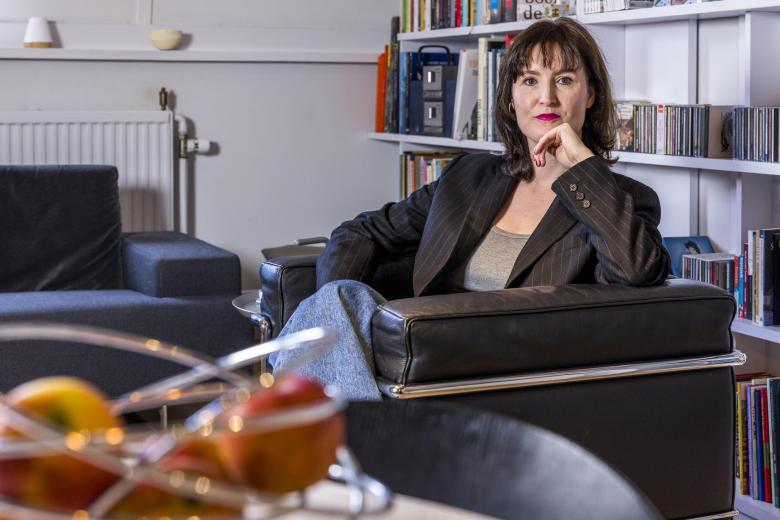
-
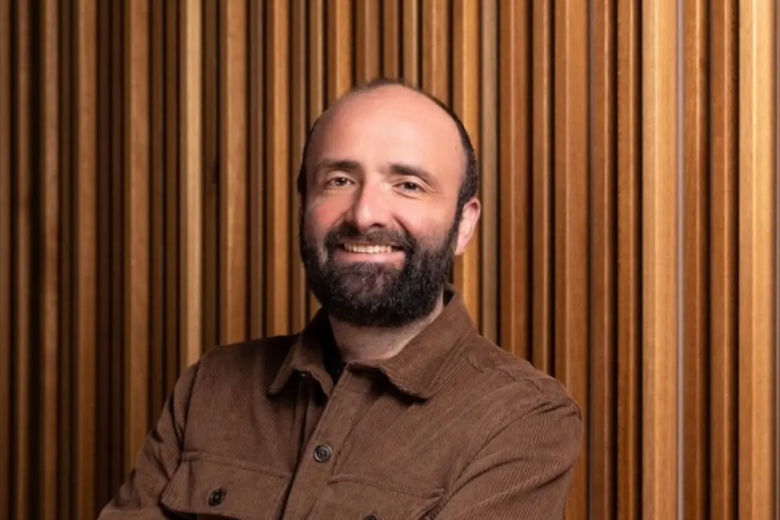
-
Green light for UM participation in unique YUFE bachelor programme
The UM can start as a degree awarding partner in the new unique bachelor programme Urban Sustainability Studies offered by YUFE (Young Universities for the Future of Europe), an alliance of ten European universities. This week, the UM received a positive outcome of the macro due diligence assessment...
